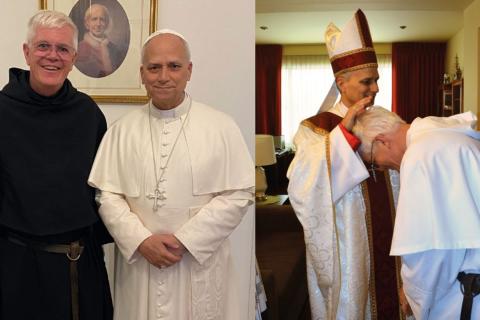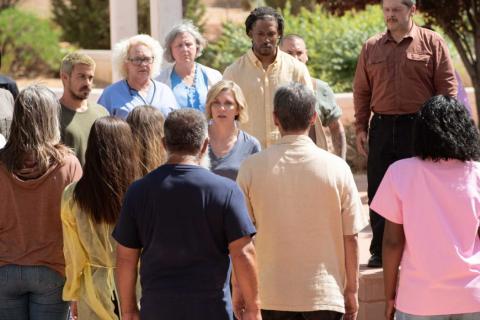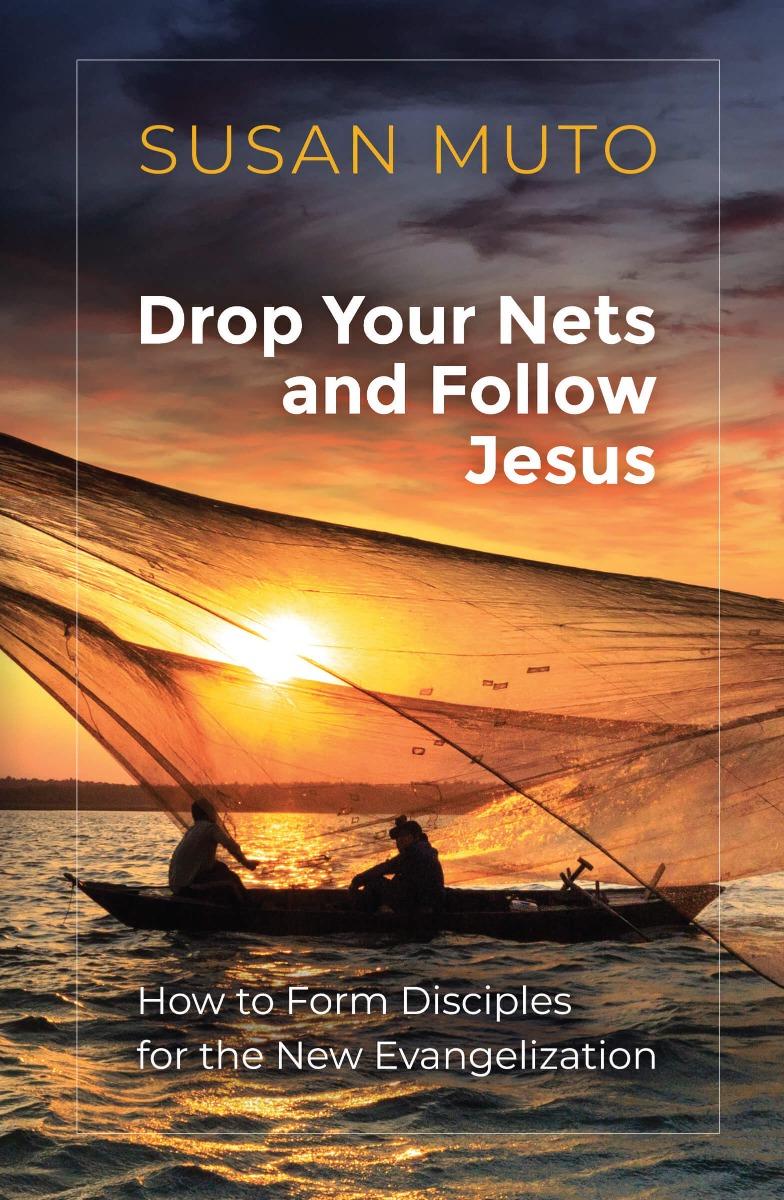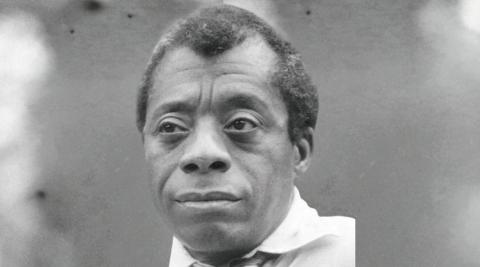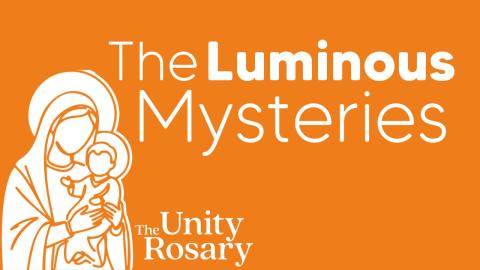
Photo by Jordan Steranka on Unsplash
Busy-ness has become our normal lifestyle. How often do we respond “busy, but good,” when people ask us how we are doing? It almost seems like there must be something wrong with us if we don’t feel busy.
While keeping busy can be a good thing, it can also become a toxic machine that is running our life and can lead to problematic experiences, like anxiety, depression and burnout. I had this experience a few years ago and what was most concerning is that I ran into a burnout without noticing. I had lost touch with both my inner self and physical well-being, because I was unable to stop the “busy machine” in my mind. “Just live the present moment,” well-intentioned people often told me, but I was unable to do it, because my thinking brain just wouldn’t stop.
Silence seemed unreachable. I know today that I am not the only one who struggles with anxiety and I have learned to understand the warning signs and apply different tools and strategies that help me to calm down my nervous system. Finding moments of silence has been an important factor. I first learned about “mindfulness,” but then discovered that there are also contemplative practices in our Christian spiritual tradition that can help us to find our inner center.
The role of silence in Christian spiritual tradition
Silence has always played a role in the history of Christian spiritual practices. We know that Jesus had the habit of withdrawing to the mountain to pray by himself whenever he prepared for or concluded an important mission (see, for example: Mt 14:23 or Lk 6:12). The early desert monks developed different forms of contemplative prayer, based on this aspect of Jesus’ life. At that time, the monks sought to withdraw from the world and its temptations, but their spiritual tools later developed into important Christian prayer practices.
Wordless forms of prayer have developed more strongly in the Eastern Orthodox tradition of Christianity and are called “apophatic”—a form of prayer without content and a way of emptying the mind to rest in the presence of God. In our Western world, we are more used to “kataphatic” prayers that use words, images, symbols and ideas.
Today we often use the distinction of vocal prayer—reciting prayers like the Our Father and the Hail Mary–with meditation or mental prayer—meditating on the sacred Scriptures, writings of the saints, or other spiritual books–, and contemplation—an ongoing state of love and adoration that occurs without words.
In recent years, centering techniques like mindfulness have seen a growing popularity. They seem to successfully counter an increased level of fear and anxiety in our society and personal lives that has led to serious issues with mental health, especially among young people. A recent article in the Washington Post states that “Mindfulness exercises can be as effective as anxiety drugs.”
In Christian circles we can observe a revival of contemplative prayer forms such as Centering Prayer—a receptive method of Christian silent prayer that deepens our relationship with God, developed by the monk Fr. Thomas Keating—and meditation practices like lectio divina—a slow and prayerful reading of a Scripture passage that ends with a moment of silence and resting in God.
The role of silence in a communitarian spirituality
In the past, spiritualities that promoted silence and withdrawal from the world were often characterized as “individual spiritualities,” almost as if they were in opposition to a “communitarian or collective spirituality,” like the one that is characteristic of the Focolare.
Perhaps there was a need to correct an excessive withdrawal from the world and emphasize that love of neighbor is an important place of encounter with God, and that God can not only be found in the deep recesses of our souls but is present also in the hearts of our brothers and sisters, and can be experienced within the Christian community, whenever two or three are united in Jesus’ name (Mt 18:20).
Nonetheless, Chiara Lubich and other co-founders of the Focolare, like Fr. Pasquale Foresi, recognized the need for silence in their collective spiritual life. Chiara taught that we need to be rooted interiorly, like Mary, the Mother of God, so that on our silence the Word (of God) can speak.
And Fr. Foresi, in a 2002 reflection on “What it means to pray,” talked about the importance of inner silence in order to listen to God’s voice within: “We have to train ourselves to listen to [God] because [God] always speaks to us. It is not so much a matter of exterior silence, but rather of interior silence. …
“We really need interior silence in order to hear [God’s voice], and meditation offers us this opportunity by providing exterior silence, which symbolizes the interior silence necessary to hear Jesus.”
Practical tips for seeking silence
So, how can we make room for silence in our daily life?
We all know that in our modern world, silence is rare and hard to find. We are constantly bombarded with sounds, messages, social media, and an endless to-do-list. It is challenging to find silence, be it interiorly or exteriorly.
We may also realize that silence is often not as comfortable as we think, because we suddenly hear the “noise” within… different voices and feelings that speak of hurts and fears, and we would much rather distract ourselves by keeping busy.
The truth is that in our world, it is more important than ever to be rooted in ourselves and to listen to God’s voice to avoid the knee-jerk reactions to the various messages thrown at us during the day. I don’t think current challenges such as polarization, violence and aggression can be overcome without practicing silence.
The 20th century spiritual author Henri Nouwen expresses very well this connection between silence and words. In Out of Solitude, he wrote:
“Somewhere we know that without silence words lose their meaning, that without listening speaking no longer heals, that without distance closeness cannot cure. Somewhere we know that without a lonely place our actions quickly become empty gestures.
“The careful balance between silence and words, withdrawal and involvement, distance and closeness, solitude and community forms the basis of the Christian life and should, therefore, be the subject of our most personal attention.”
In my experience, silence is not so much a quantitative, but a qualitative reality. Very few in today’s society have the luxury to sit in silence for an extended period of time, even though there is great value in it. But I think there are other ways we can find moments of inner quiet even in the midst of a busy life as parents, professionals and active citizens.
A young adult I talked to recently shared with me that she made it a habit to stop at a coffee shop on her way home from work to read the Bible while drinking a cup of coffee. Another one finds peace and time to reflect by walking to the bus stop down the block instead of using the one in front of her house. Here are some other practical tips can help foster silence even in the midst of a busy daily life:
- Find small moments of “pause” during the day.
Stop what you are doing and become mindful of your surrounding: What do you hear, what do you see, what do you smell or taste? What are you grateful for right now?
- Set your intention.
Instead of going from one task to the next, stop for a moment and ask yourself: “Why am I doing this?” “Who am I doing this for?” Maybe put words to your intention: “I’m doing this for you, Jesus.”
- Schedule a time for prayer every day.
Make it a habit. Start small, so it’s doable. Start with five minutes but make sure you can be fully present. It can be a moment to speak with God, read a short Scripture passage or just sit in silence.
Practicing silence and loving our neighbor are not in opposition to each other, but in fact feed and nourish each other, as Chiara Lubich once wrote: “The inner life is nourished by the outer life. In so far as I enter into the soul of my neighbor, so far do I enter into God who is within me. In so far as I enter into God who is within me, so far do I enter into the other. God-myself-the other is an entire world, an entire kingdom.”
I am deeply convinced that our world will not only change because of what we do, but also by the power of our silence—by our inner peace and our connection with God, and in God with each other.





